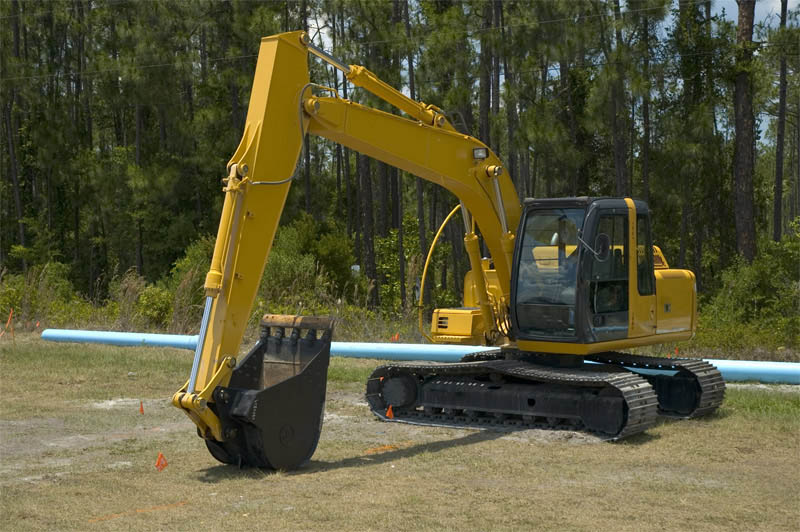The Excavator Operator
The excavator operator is an important worker on a construction site in Canada. This person has a responsibility of reporting directly to a foreman or a superintendent on the site. There are typical duties expected for this position. This may include taking care of a backhoe, excavator or forklift during operation, and the moving and/or handling of materials. The excavator operator is required to have knowledge of the backhoe and excavator loading requirements, critical picks and load charts. He/she would report to every manager on site, and make sure that the daily logs of the construction equipment maintenance and usage are recorded effectively. The site’s daily care and maintenance of equipment is required. He or she would take the role of maintaining all safety, environmental and health rules and make sure that the work is safe and far from damages or injuries.
In Canada, an excavator operator is expected to communicate effectively and professionally with the other workers on the site. It is a job that demands the person stand or sit for a very long time, and manipulate and handle objects on daily basis. The worker is able to learn how to distinguish and see between voices and the different sounds that are associated with sites, alarms and must be able to work in different weather condition.
Excavator Operator Jobs Calgary
The training of an excavator operator demands certifications and license that would ensure that the person is capable of doing the work. A lot of construction companies demands four years of experience in handling heavy duty machines and other equipment. A high school diploma or its equivalent is highly demanded. The person should be a team player to carry other employees along and ensure that they all equally contribute to the final outcome of the project.

